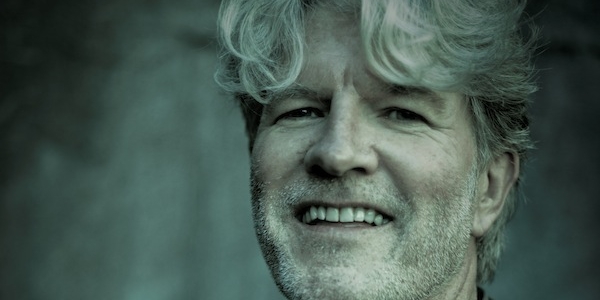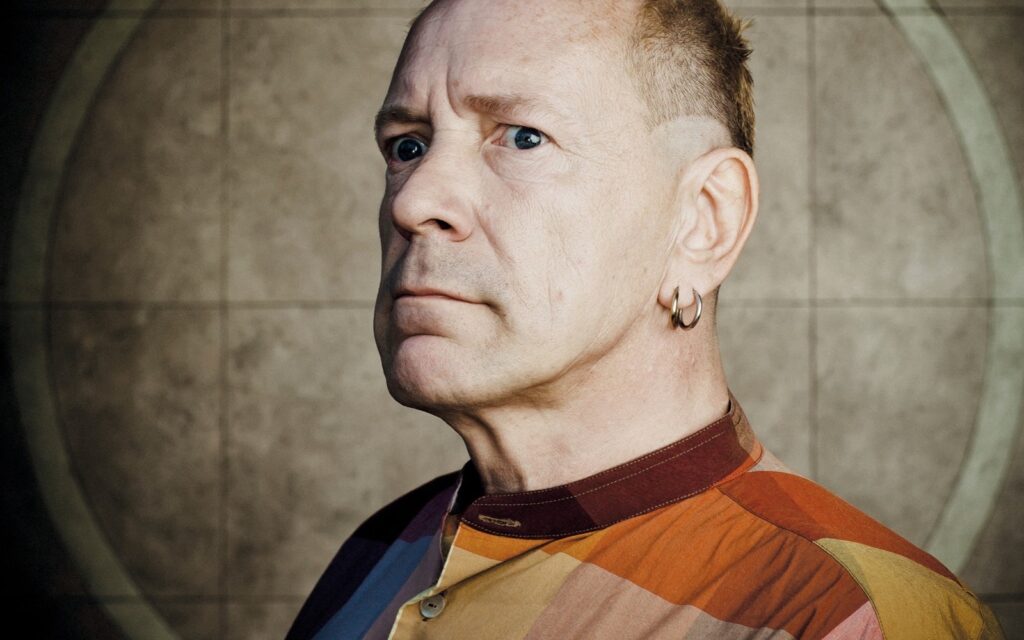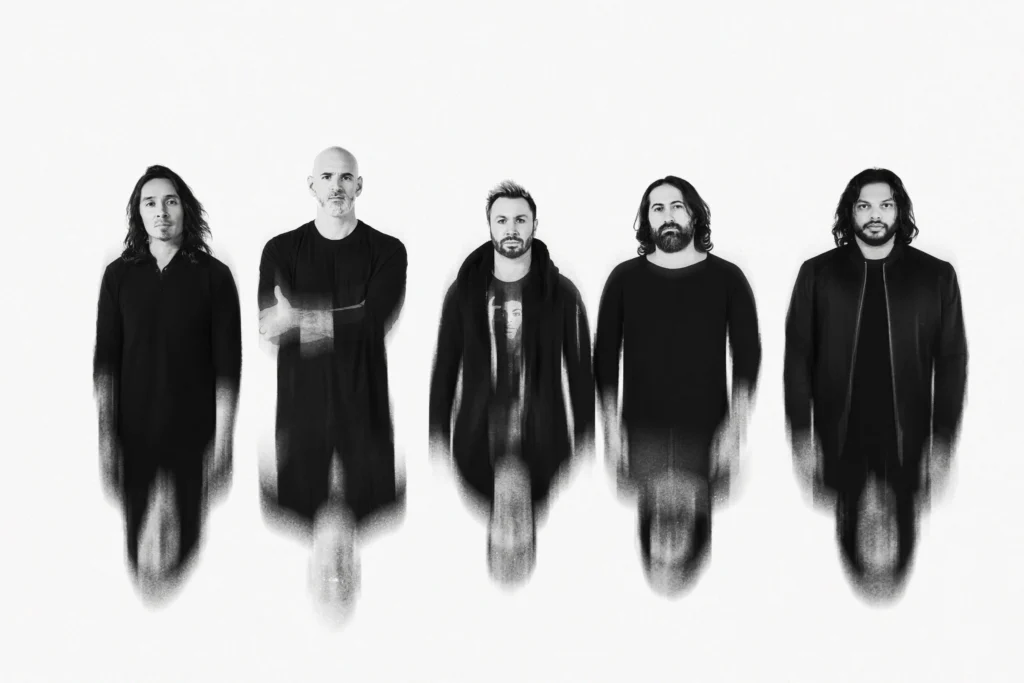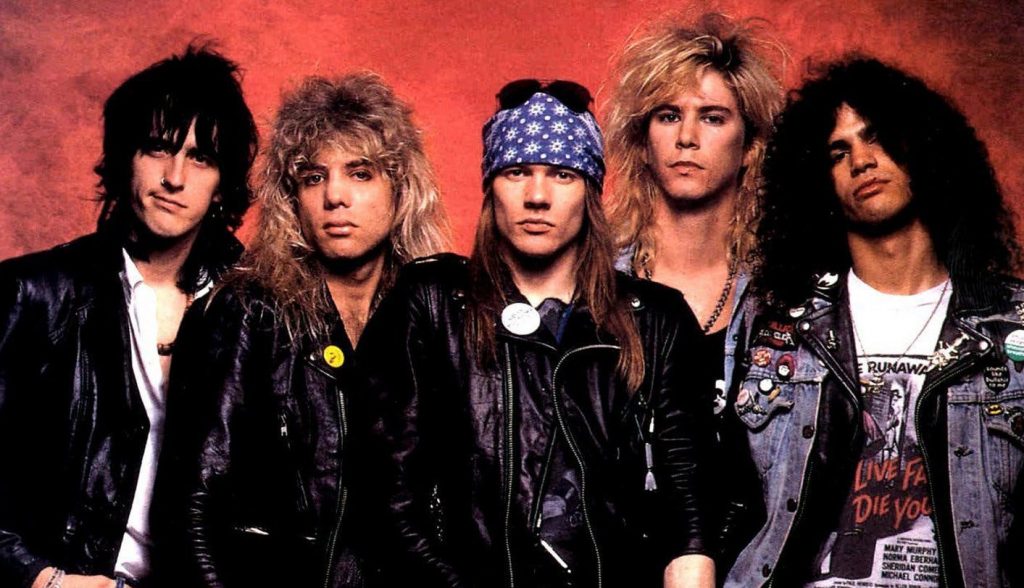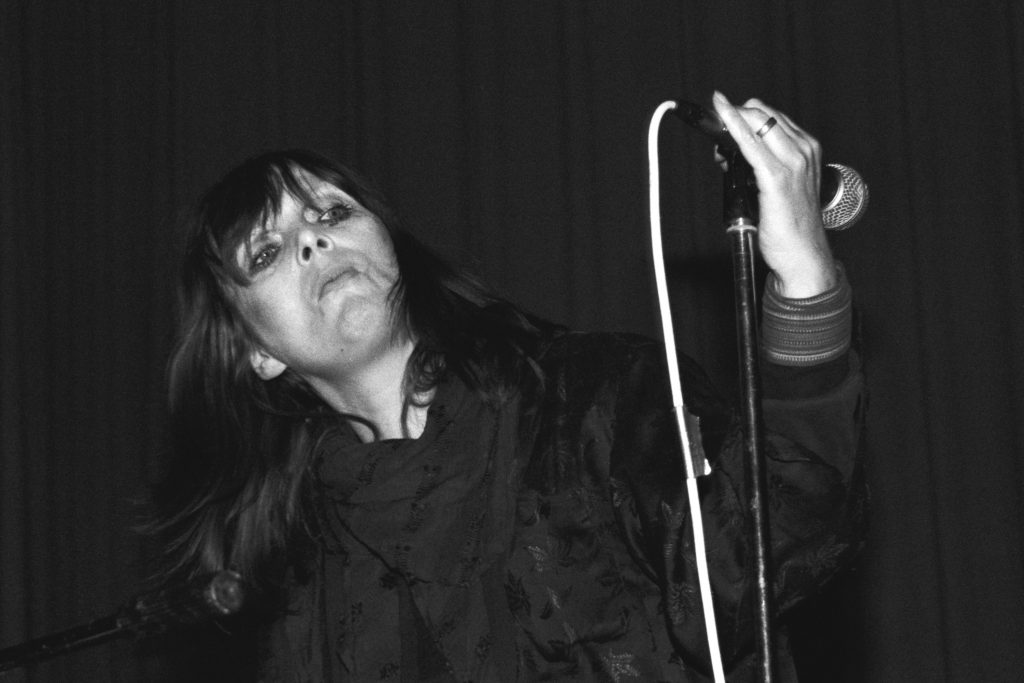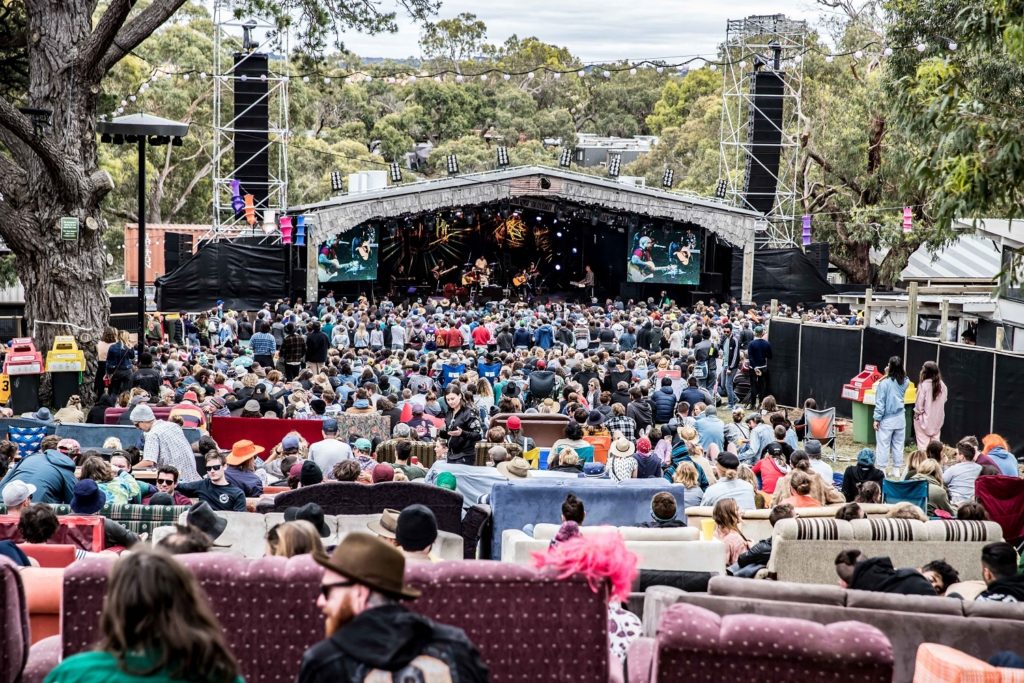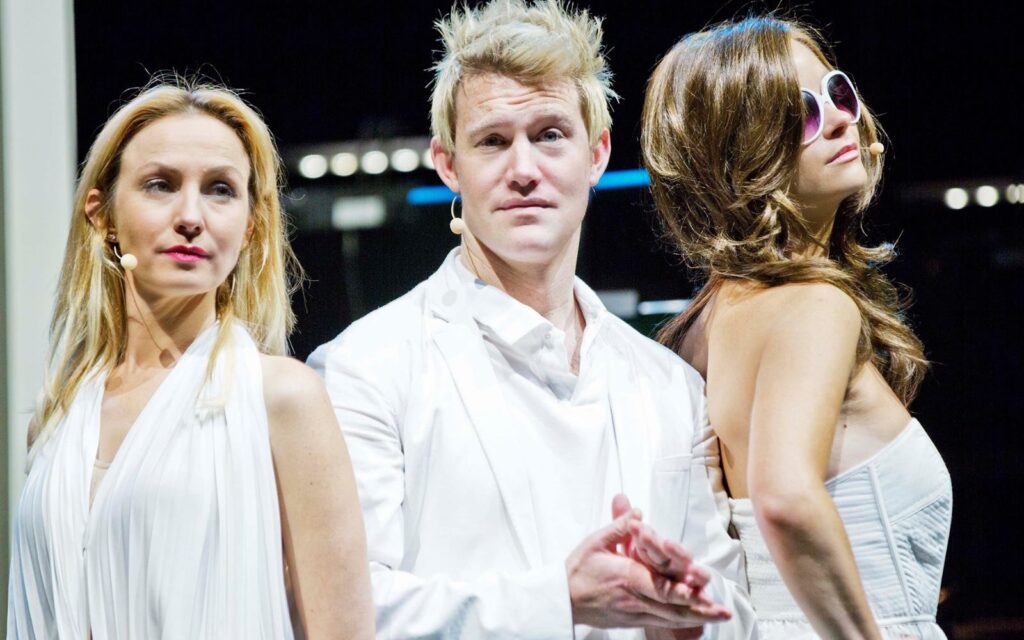“That was a pivotal moment. We’d lost all our gear in a fire the night before and we were using borrowed gear. We’d been through a hard time in England in ‘78, lost our management, lost our record label… just cut adrift, really,” Finn recalls. “We played Nambassa Festival and got the crowd going. It was the first time I had played a large crowd and I just started doing [call and response] with them. The energy came back from them in big waves. I suppose [Nambassa] led to the band making True Colours. It was a make-or-break year in many ways.”
True Colours effectively ignited Finn’s superstardom. He would enjoy newfound notoriety with the Enz, relish a successful solo career and eventually re-team with his brother Neil to create the critically acclaimed Crowded House record Woodface. Little by little, Finn was forging a legacy. “I never thought about it. I don’t think anybody does. You don’t think ahead like that,” he explains, reflecting upon his success.
”I remember when Split Enz was breaking up in 1984, there was this radio guy from Perth who said to me, ‘You’ll still be getting cheques from these songs in 20 years time!’ It just sounded completely absurd to me. But I wasn’t taking into account the radio formats like Solid Gold and Classic Hits. It’s mindboggling to me. Well, on one level: I’m not naive about it, but I don’t take it for granted.”
Finn lays claim to such a respected career that one has to wonder what pressures or aspirations exist for him these days. “It is very different. I don’t feel I have anything to prove, as such, like I used to when I was a young man,” Finn muses. “Being in a band like Split Enz, it was almost part of our DNA to be the biggest band in the world. We didn’t make it but we got pretty far for a bunch of guys from disparate parts of New Zealand. Now it’s not about proving anything. There’s very little ambition left in it: it’s just more an aesthetic pursuit and knowing that songs are important to people. It doesn’t matter how many, it’s not about quantity. It’s about putting something out there that some people will have a rich experience with.”
As a consequence, Finn tends to enjoy more freedom than ever in fleshing out his creativity. “It is liberating. It’s sort of like letting go and then suddenly it all starts to happen. It’s really subtle and it’s not within a young man’s ability to be like that. I could feel something running out when I hit my 40s and I became not depressed, but lacking in energy about it. I’d lost momentum. As soon as I hit my 50s, which coincided with becoming a parent, my life was rich and I had let go to a large extent. Being with my wife helped me a lot too, because she’s quite a rigorous, great editor of my work. She’s a conscience, almost. When we first started hanging out together, she was playing me songs that she had on her compilations – old songs, Small Faces songs that I hadn’t listened to for years and years.”
“It reconnected me with why I had started doing it. I was very fortunate because I had run out of steam a bit, but then all of a sudden this whole new thing started,” Finn explains. “I’ve made five or six albums on the strength of that. They haven’t been ‘hit’ albums… but I feel they’re some of the best work I’ve done, so I feel really good about that.”
Meanwhile, fatherhood inevitably altered Finn’s life, including his relationship with music. “I do remember feeling, soon after our first child was born, I became aware that the way I used time had changed hugely. Any time I got to myself in my music room was really precious time and I became a lot more focused, so it had an opposite result than you would expect. I actually found it very helpful to my writing.”
“I guess there’s the whole thing of how it connects you with other people, too. You have no idea what people are going through until you do it yourself. I’d watched Neil have kids and I’d watched friends have kids and I was quite a late starter: I was about 45, 46 when our first child was born,” Finn recalls. “Suddenly you just get this feeling of, ‘Oh right – that’s what they’ve been doing! That’s how they’ve been living!’ That feeling is good for any kind of artist, I think, to empathise and understand.”
As for that Finn Brothers reunion we’re all holding out for? “I definitely think there will be something, and it will be quite special. We usually spend quite a few years before we intersect. Between say Woodface and the Finn album then between Finn and Everyone Is Here, there was about 10 years between those. So about three or four years, maybe?” Finn laughs. Most definitely a case of ‘better late than never’.
BY NICK MASON
